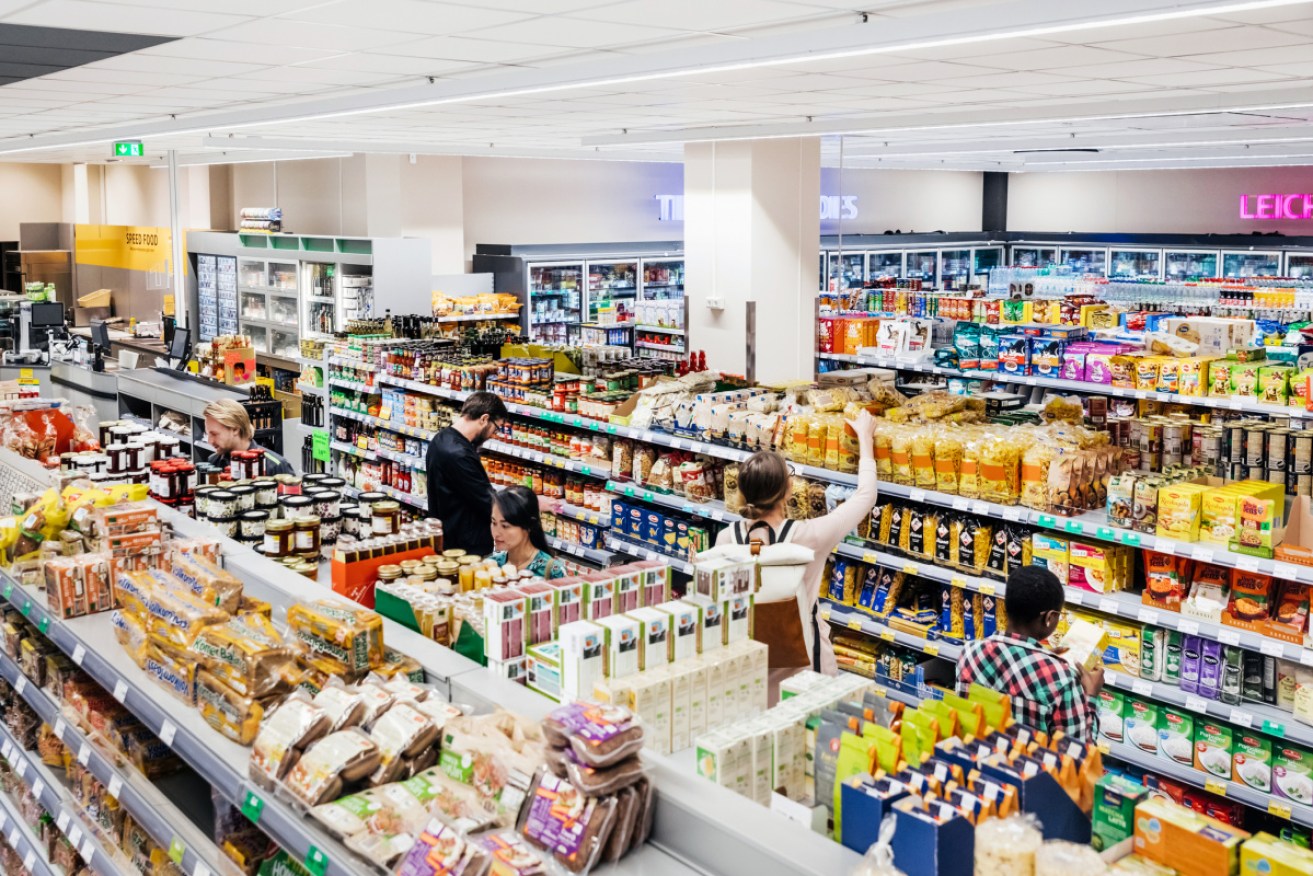‘Fraught with danger’: Imported foods full of hidden, potentially deadly, allergens


Mislabelled imported food products are putting allergy sufferers at risk. Photo: Getty
Hidden ingredients in imported foods are putting allergy sufferers at risk, new research has shown.
Potentially deadly allergens were found lurking in nearly one in two of the imported food products tested by researchers from James Cook University (JCU), a study published in the Food Additives & Contaminants journal revealed.
Undeclared allergens detected included egg, gluten, milk and peanut, some in very high concentrations.
To conduct the study, JCU scientists bought 50 packaged food items from six Asian grocery stores in Melbourne, checked the labelling and tested the contents.
Allergens not listed on the product labelling were found in 46 per cent of the products analysed, with 18 per cent containing multiple undeclared allergens.
China was the source of products with the highest number of detectable, undeclared allergens, followed by Thailand and South Korea.
Study lead Andreas Lopata, head of James Cook University’s Molecular Allergy Research Laboratory, said the findings were alarming.
While Australia has strict food labelling laws, standards are more lax in Asian countries where a growing amount of imported food comes from, Professor Lopata said.
“That’s of concern, with Australian imports from ASEAN countries (Association of Southeast Asian Nations) increasing from 18 to 23 per cent from 2002 to 2012, and the food trade from Asia to Australia continuing to increase by about 2.5 per cent each year,” he said.

Professor Lopata (left) said more needs to be done to protect consumers. Photo: JCU
Food allergies are increasingly common around the world, and Australia has one of the highest incidences of food allergy among children.
Between 2005 and 2012, hospital admission for food-induced acute allergic reactions spiked by 150 per cent.
Meanwhile, the number of food products recalled due to unlabelled allergens has been steadily increasing over the past decade.
Of the 100 food recalls in 2018, 46 cases were for undeclared allergens, while 20 were due to ‘microbial contamination’ caused by potentially life-threatening bugs such as listeria, salmonella and E. coli.
“With the increasing number of food recalls and anaphylaxis recorded in Australia it’s very important that further action continues in the area of food allergen labelling for the protection of allergic consumers here,” Professor Lopata said.
Imported foods ‘fraught with danger’ for allergy sufferers
Maria Said is a registered nurse and chief executive of Allergy & Anaphylaxis Australia.
“Allergy & Anaphylaxis Australia has been telling [allergy sufferers] to be cautious of foods imported from Asian countries for many years,” Ms Said told The New Daily.
“When you look at the number of food recalls, and how many involve imported foods, it’s concerning.
“If you’re going to use an imported food …do due diligence and try to find out how it’s made.”
Ms Said praised the research, saying it “reinforces the message to people about being cautious”.
“Foods imported from Asian countries, where many people don’t understand Australian labelling regulation, are fraught with danger,” she said.
We need to have clear labelling so that people with potentially life-threatening allergies can make informed choices.’’
Ms Said, who has been an expert witness in five coronial inquests into food anaphylaxis deaths, pointed to the case of a 10-year-old Melbourne boy who died from an anaphylactic reaction in 2013 after drinking coconut milk imported from Taiwan.
The product, Green Time Natural Coconut Drink, was recalled a month after the boy’s death, with samples taken by the NSW Food Authority showing that the drink contained undeclared dairy products.
The Sydney-based importers were later fined $18,000 for mislabelling the product.
“Australians make presumptions that the food label is correct. But we’ve found that’s not true,” Ms Said said.
“We need to get better at making sure that those who import food understand our laws.”
Tougher policing of imported foods needed
Ms Said called for tougher policing of imported food to protect allergy sufferers and ensure consumers can trust product labels.
While the nation’s labelling laws are strong, “our policing of imported products is not so good”, she said.
Consumers should be able to rely on food labels to make an informed choice, she said.
“We need to have more testing of products at the borders,” she said.
“While they do checks on a label, or test for salmonella, they need to be testing for undisclosed allergens.
“This is a food safety issue.”








